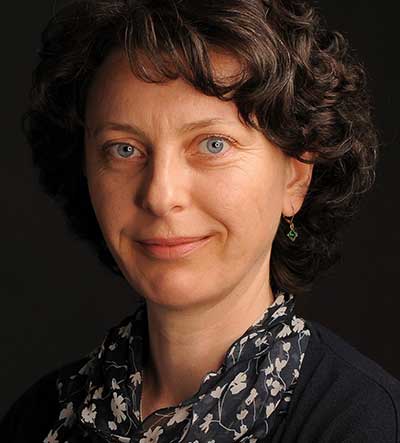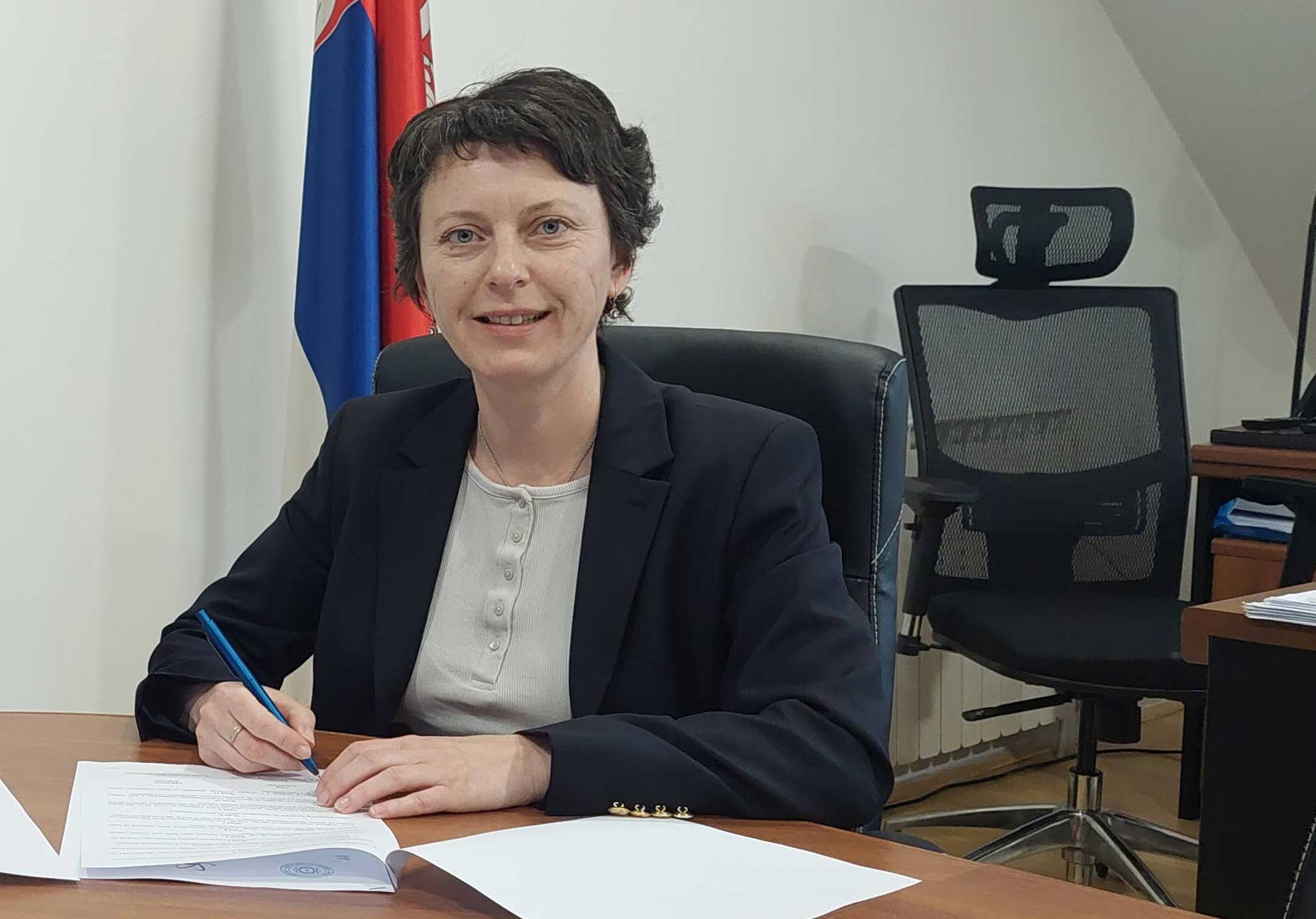Following the First Nuclear Energy Summit held on 21 March 2024 in Brussels the issue of whether to use nuclear energy or not has become topical again. The Nuclear Energy Declaration, which was adopted during the summit, reaffirms the strong commitment to nuclear energy as a key component of a global strategy to reduce greenhouse gas emissions. The Declaration also underlines nuclear energy as a key element in ensuring energy security, enhancing energy resilience, and promoting long-term sustainable development and clean energy transition.
However, the Law Prohibiting Construction of Nuclear Power Plants, which was adopted in 1989, three years following the Chernobyl accident, is still in force in our country. It should be mentioned that the newly-formed states of Slovenia and Croatia abolished this Law immediately after the break-up of the former Yugoslavia.
A new development in this sense in the Republic of Serbia is a recent Parliamentary proposal to abolish the Law Prohibiting Construction of Nuclear Power Plants, and according to the Minister of Energy and Mining, Dubravka Djedovic Handanovic, “when it comes to nuclear energy, it is important to plan and think ahead”.

In the interview for the portal www.biznis.rs, Dr. Koviljka Stankovic, Professor at the School of Electrical Engineering at the University of Belgrade and the Chairperson of Serbian Nuclear Society (the Directorate has recently entered into a technical and business cooperation agreement), speaks on the logical sequence of events, stages and the prerequisite strategy in case that the Republic of Serbia decides to follow this path and include nuclear energy in its mix.

